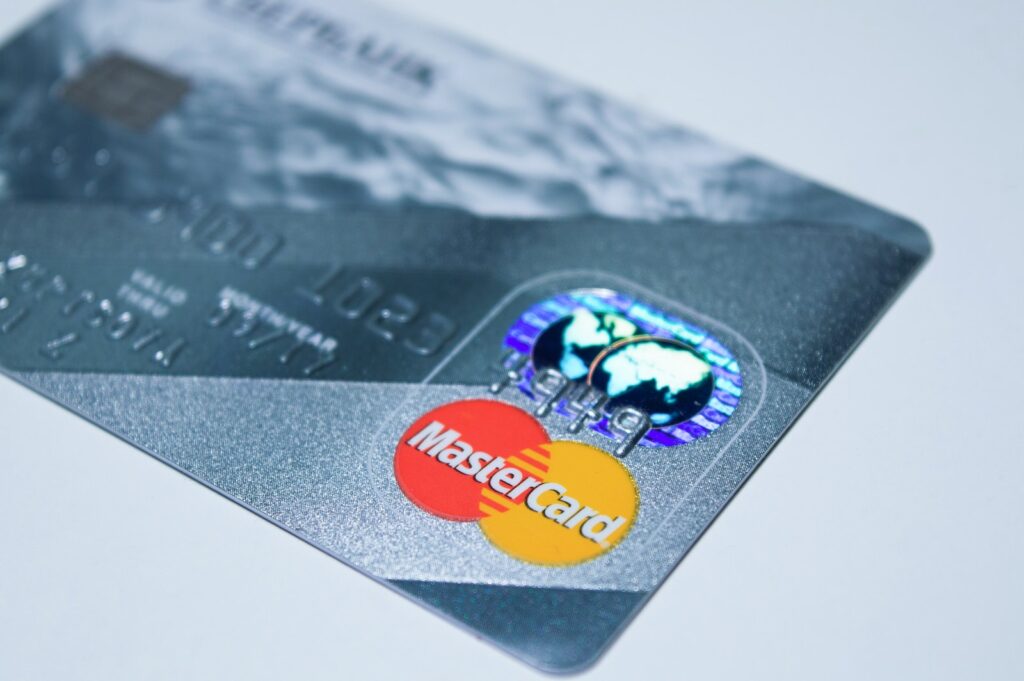What is a Credit Score?
A credit score is a number that represents a person’s creditworthiness. It’s calculated using a complex algorithm that takes into account a variety of factors. These factors include payment history, credit utilization, length of credit history, types of credit used, and recent credit inquiries. Payment history refers to whether or not you’ve paid your bills on time in the past.
Credit utilization is the amount of credit you’re using compared to the amount of credit available to you. Length of credit history refers to how long you’ve had credit accounts. Types of credit used refers to the variety of credit accounts you have, such as credit cards, car loans, and mortgages. Recent credit inquiries refer to how many times your credit has been checked recently.

Why is Your Credit Score Important?
Your credit score is important because it’s used by lenders, landlords, and other financial institutions to determine your creditworthiness. A high credit score indicates that you’re a responsible borrower who is likely to pay back loans on time and in full. This makes you more attractive to lenders, who are more likely to offer you better interest rates and loan terms.
For example, if you have a high credit score, you may be able to get a lower interest rate on a car loan, which means you’ll pay less in interest over the life of the loan. A low credit score, on the other hand, indicates that you’re a risky borrower who may have trouble paying back loans. This can make it difficult to obtain credit, and if you do get approved, you’ll likely have to pay higher interest rates and fees.

What is a Credit Report?
A credit report is a document that contains information about your credit history. It includes information about your credit accounts, payment history, and outstanding debts. Credit reports are maintained by the three major credit bureaus: Equifax, Experian, and TransUnion.
They collect information from lenders, credit card companies, and other financial institutions to create a comprehensive picture of your creditworthiness. It’s important to review your credit report regularly to ensure that the information is accurate. Errors on your credit report can negatively impact your credit score and your ability to obtain credit.

How to Obtain Your Credit Report?
You’re entitled to a free copy of your credit report from each of the three credit bureaus every year. To obtain your credit report, visit AnnualCreditReport.com. You’ll need to provide some personal information, such as your name, address, and Social Security number, to verify your identity. Once you’ve requested your credit report, it will be mailed to you within a few weeks. You can also request a copy of your credit report directly from the credit bureaus for a fee.
How to Improve Your Credit Score?
If you have a low credit score, there are several things you can do to improve it. First, make sure you’re paying your bills on time. Late payments can have a negative impact on your credit score. Second, reduce your credit card balances. High credit card balances can negatively impact your credit score, even if you’re making your payments on time. Third, avoid opening too many new credit accounts. Each time you apply for credit, it can negatively impact your credit score. Fourth, check your credit report for errors. If you find errors, you can dispute them with the credit bureau to have them corrected.

Final Thoughts
Understanding your credit score and credit report is essential if you want to take control of your financial life. By maintaining a high credit score and keeping a close eye on your credit report, you can ensure that you’re in good standing with lenders and other financial institutions. Remember, the ultimate goal is to be responsible with your credit and use it wisely. By doing so, you can achieve your financial goals and live the life you desire without unnecessary financial stress.
It’s also important to note that building a good credit history takes time and effort. It’s not something that can be achieved overnight. However, by taking small steps to improve your credit score and review your credit report regularly, you can gradually improve your creditworthiness and increase your chances of being approved for credit on favorable terms.

In conclusion, your credit score and credit report are important tools that can help you achieve your financial goals. Understanding how they work and how to manage them is essential for maintaining good credit and taking control of your financial future. With the right knowledge and effort, you can build a strong credit history and achieve financial success.
















